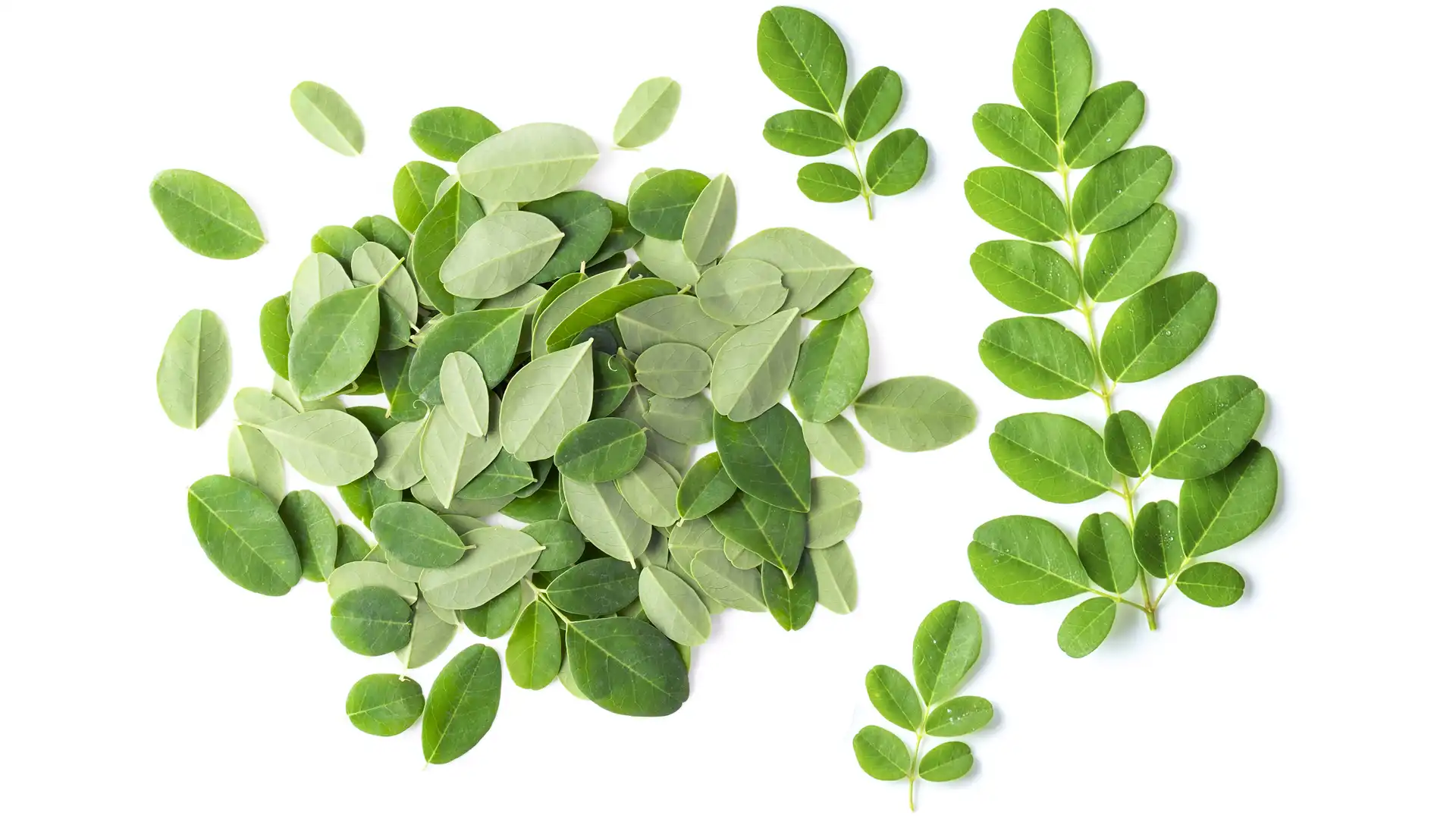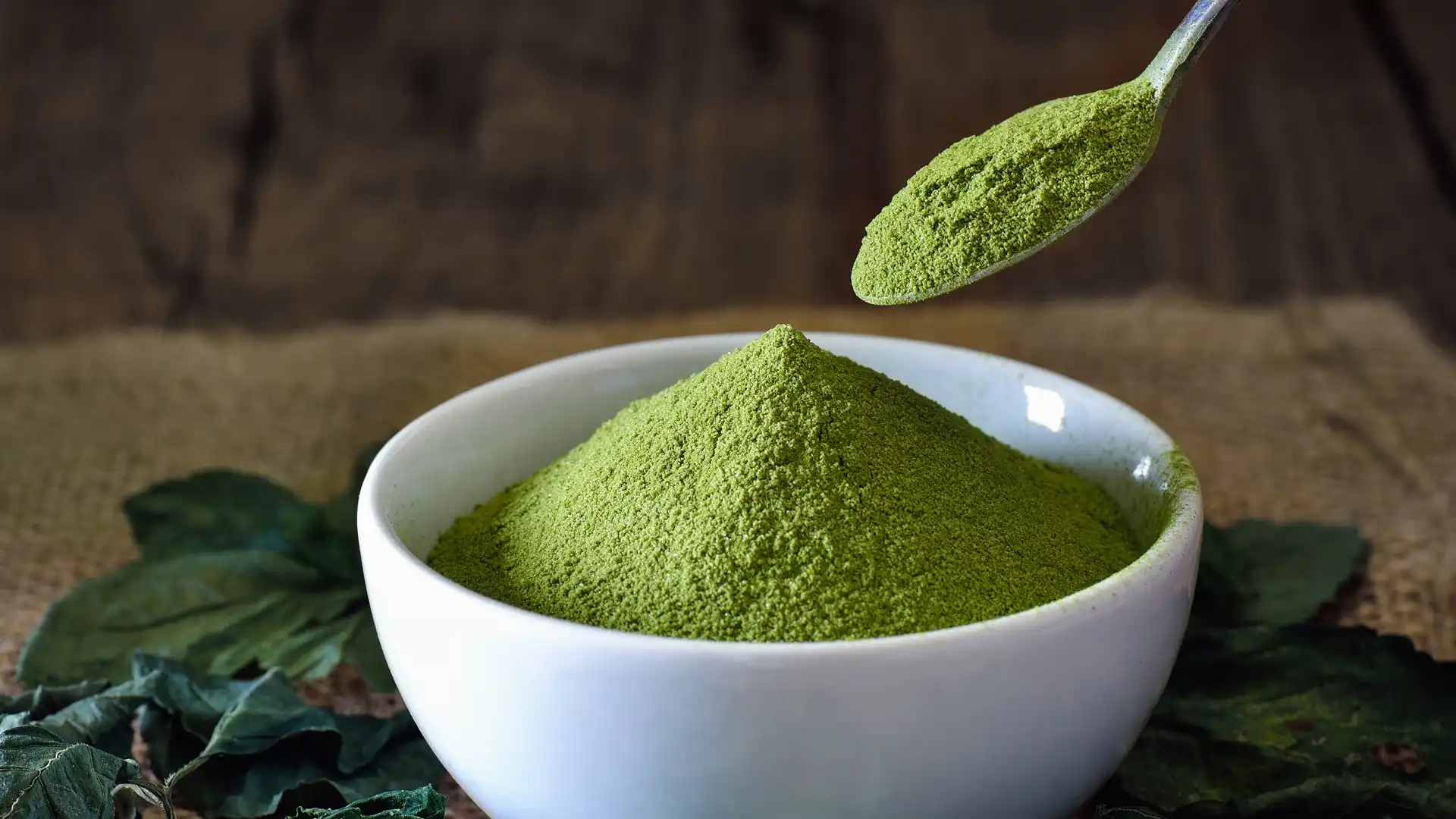What is Moringa?
Unlocking the Wonders of Moringa: Nature's Multivitamin Powerhouse
In a world where the quest for optimal health and natural supplements is ever-evolving, one ancient plant has emerged from the shadows of traditional medicine to claim its spot in the limelight: Moringa. Often hailed as the “miracle tree,” Moringa oleifera is not a newfound discovery, but rather a powerful, nutrient-rich plant that has been used for centuries in parts of Asia and Africa for its medicinal properties and health benefits. This blog post dives into what Moringa is, its health benefits, and why it might just be the superfood you’ve been searching for.


The Origins and Nature of Moringa
Moringa oleifera, native to the Himalayan regions of India, Pakistan, Bangladesh, and Afghanistan, thrives in tropical and subtropical climates, making it a staple in many cultures’ diets and medicinal practices. What sets Moringa apart is its incredible nutritional profile. Almost every part of the tree is edible and packed with vitamins, minerals, antioxidants, and other beneficial compounds. The leaves, in particular, are a powerhouse of nutrition, often consumed in powder form, capsules, or as tea.
Nutritional Profile: A Closer Look
The reason Moringa is often dubbed as a “multivitamin powerhouse” is because of its dense concentration of vitamins and minerals. A serving of Moringa leaves can provide a significant amount of vitamins A, C, and E, calcium, potassium, and protein. It’s rare for a single plant to boast such a wide array of essential nutrients. This nutritional makeup supports a multitude of health benefits, from boosting the immune system to improving bone health and beyond.
Health Benefits of Moringa
- Antioxidant Abundance: Moringa leaves are rich in antioxidants such as quercetin and chlorogenic acid. These compounds can help in reducing oxidative stress and may lower the risk of chronic diseases, such as diabetes and heart disease.
- Inflammation Reduction: The anti-inflammatory properties of Moringa are beneficial in reducing inflammation in the body, which is a root cause of many health conditions including arthritis and respiratory problems.
- Blood Sugar Regulation: Several studies have shown that Moringa can help in regulating blood sugar levels, making it a great supplement for those managing diabetes.
- Cholesterol Management: Moringa has been found to lower cholesterol levels, which can lead to a reduced risk of heart disease.
- Supports Brain Health: The high levels of antioxidants and neuro-enhancer activities in Moringa support brain health and cognitive function. It has also been studied for its potential to reduce symptoms of Alzheimer’s disease.
- Nourishing Skin and Hair: The high vitamin A and E content in Moringa supports skin and hair health, contributing to a natural glow and strengthening hair.
See Benefits of Moringa
How to Incorporate Moringa Into Your Diet
Moringa can be easily incorporated into your daily diet in various forms. The powdered leaves can be added to smoothies, soups, and salads for a nutritional boost. Moringa tea is another popular option, providing a soothing and antioxidant-rich beverage. Capsules and extracts are available for those looking for a more concentrated dose of Moringa’s benefits.
Precautions and Considerations
While Moringa is generally considered safe, it’s always recommended to consult with a healthcare provider before adding any new supplement to your diet, especially for pregnant or breastfeeding women and those on medication.
The Verdict
Moringa is more than just a trendy superfood; it’s a nutritional powerhouse with a rich history in traditional medicine. Its wide array of health benefits, from antioxidant properties to blood sugar regulation, makes it a valuable addition to any diet. Whether you’re looking to boost your overall health or address specific health concerns, Moringa might just be the natural solution you’ve been searching for. As we continue to explore the treasures of nature, Moringa stands out as a testament to the power of plants in supporting our health and well-being.
I hope that answers the question What is Moringa for more information please see the Wiki page Moringa oleifera
